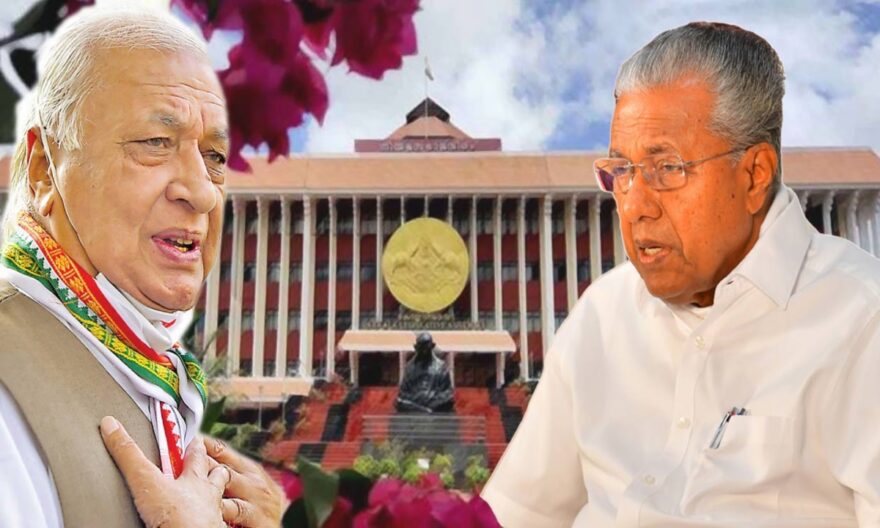
The Kerala Government has approached the Supreme Court challenging the Kerala High Court’s decision, which dismissed its plea against the Governor’s prolonged withholding of assent to bills. This marks another move by the Kerala government against the Governor for delaying the clearance of pending bills, challenging the HC order issued by its Ernakulam Bench on November 30, 2022.
In the High Court, the government advocate questioned whether the Governor is constitutionally obliged to act in a timely manner as mandated by Article 200 of the Constitution. The petitioner seeks to declare the Governor’s actions in withholding bills indefinitely as contumacious, arbitrary, despotic, and contradictory to democratic values, the Cabinet form of government, and principles of democratic constitutionalism and federalism.
The state government argues that the Governor’s prolonged delays in clearing bills constitute grave injustice to the people and democratic institutions, including three bills pending for over two years. The Governor’s apparent belief that dealing with bills is at his absolute discretion is deemed a complete subversion of the Constitution.
The State of Kerala seeks appropriate orders from the Supreme Court regarding the Governor’s inaction on eight bills passed by the State Legislature. Three bills have been pending for more than two years, and three for over a year, according to the Kerala government. The plea alleges that the Governor’s conduct violates Article 14 (right to equality) and Article 21 (right to life) of the Constitution, denying the people the benefits of welfare legislation enacted by the State Assembly.
Referring to Article 200, the plea emphasizes that when a bill is passed by the Legislative Assembly, the Governor should promptly declare assent, withhold assent, or reserve the bill for the President’s consideration.




